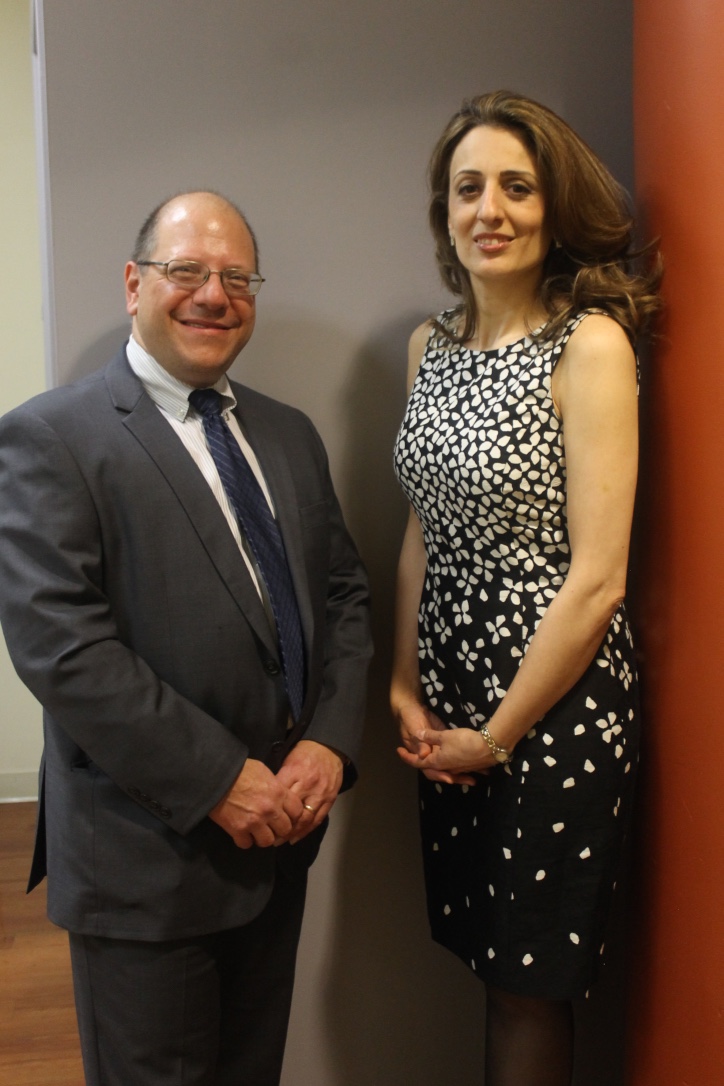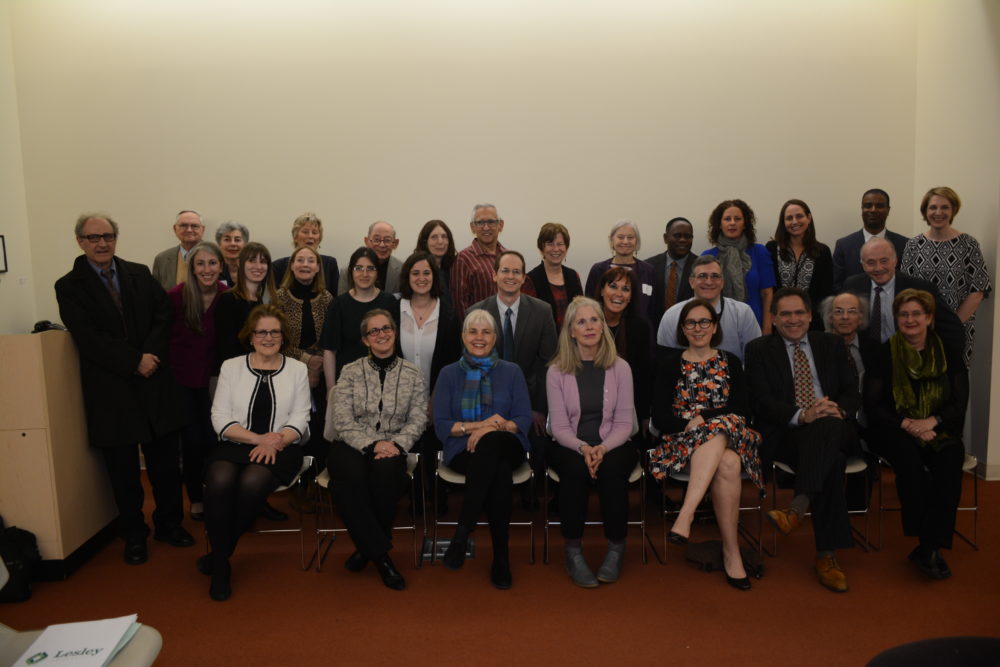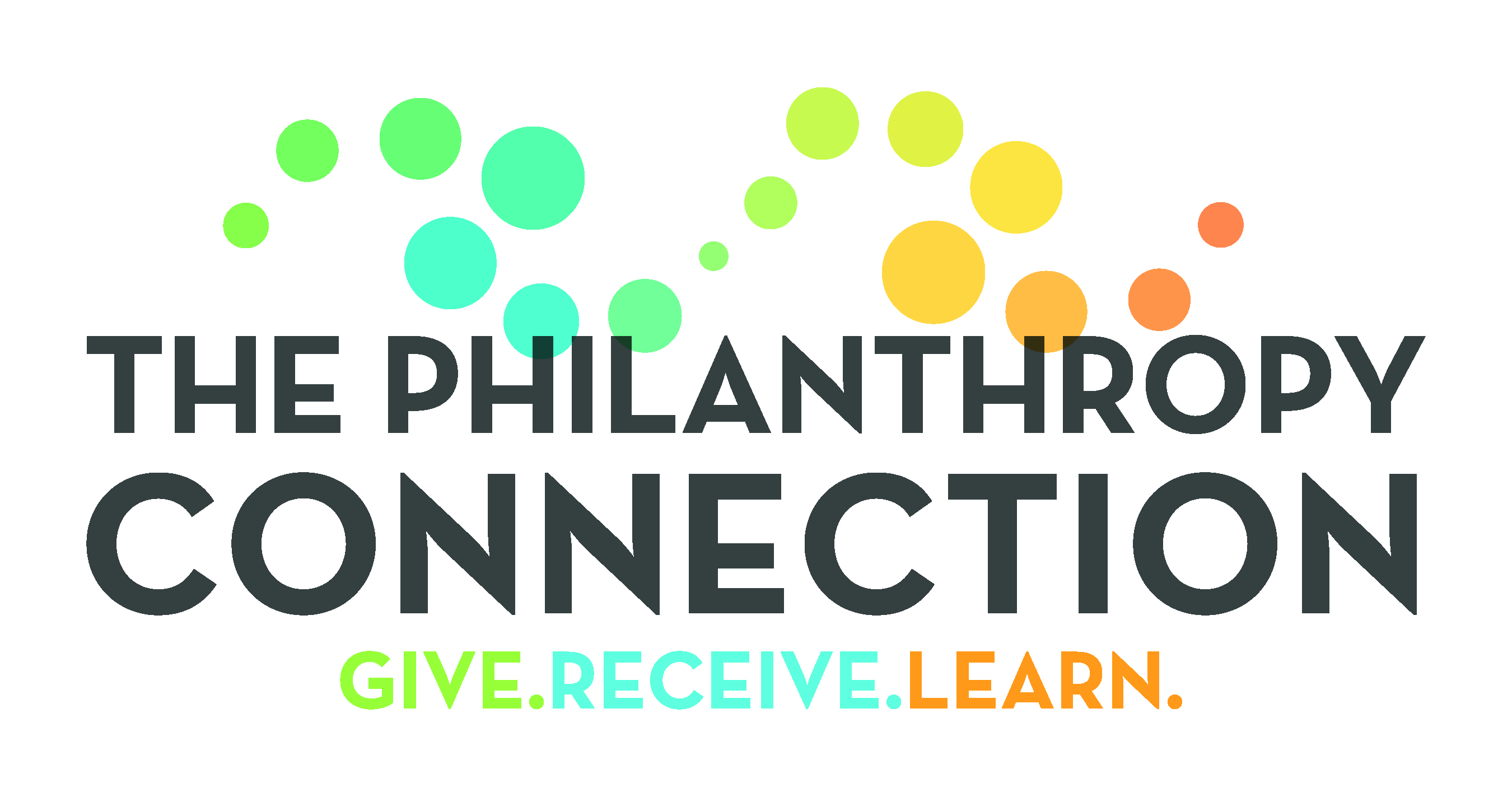The Interview with Mojdeh Rohani
Madelaine Eulich met with Mojdeh Rohani, the Executive Director of De Novo (formerly Community Legal Services and Counseling Center [CLSACC]) to discuss De Novo’s work.
De Novo provides free civil legal assistance and affordable psychological counseling to low-resource individuals and families. Its services combat the effects of poverty and violence by helping clients and their children meet basic human needs for safety, income, health, and housing. De Novo’s staff and dedicated volunteers respect the dignity of every person who walks in the door, and supports them in regaining the rights they’re entitled to, working through the impacts of trauma, and helping them to rebuild their lives. De Novo draws on the expertise of 130 dedicated volunteer professionals to serve the community’s most vulnerable members.
Tell us a little about yourself and how you came to found/work with De Novo. What was your goal and what are goals of the organization?
I joined De Novo in 2007 as the associate clinical director. I was a social worker by training and, along with my team, wanted to really grow the counseling program alongside the clinical director and executive director. There was only one paid counseling staff at the time (clinical director) plus some volunteers. I became the second paid employee on the counseling team. This was an important addition as clients need ongoing treatment because of all of the challenges they are facing. It is hard to expect volunteers to work with these clients because of the time needed for treatment. Though I started by working three days a week, I was able to become full-time by writing and receiving grants. Today we have two full-time social workers (fluent in Spanish and French), a clinical director (psychologist), plus myself. There has also been growth on the legal side. On the whole, De Novo has grown from 12 to 23 paid staff who are supplemented by 47 counseling volunteers (psychologists, social workers, one to two students per year). They see clients on regular basis and perform important mental health evaluations that are used in counseling as well as to inform their legal cases. The total number of volunteers – including attorneys, administrators, and mental health practitioners – is over 130. De Novo couldn’t do what we do without these generous volunteers.

As the ED, I continue to provide ongoing therapy to clients, albeit for a smaller caseload, so I can stay connected to the people we are working with. Seeing the resiliency of our clients and their ability to rebuild their dignity is what keeps me and others in this work.
What are some goals for De Novo?
Currently we are working to develop a strategic plan that will give us a road map for the next five to seven years: what we want to do, where we want to go, what our goals will be. We hope to be done with the plan by this spring or summer. We met our previous strategic plan goals within two years and hope we are as successful as we move forward.
There are other organizations in the Boston area that are involved in similar work. What makes De Novo different?
There are a few other organizations in the area who have a social worker on staff. But, the social worker in those organizations serves mainly as a referral point for connecting clients to medical care, basic needs, housing, mental health, etc. De Novo is the only program with an interdisciplinary service: we offer the full gamut. For example, therapy is done in-house; we take clients to medical facilities and work closely with them; we have access to a clothing closet and a food pantry. When we cannot provide in-house services, we work closely with other organizations to meet clients’ needs. Knowing how difficult it can be to navigate the various legal “mazes,” we are dedicated to working closely with clients around issues of trauma and safety where it is often necessary to have mental health support. We also can be a general resource for attorneys when a client is not willing to speak with a counselor.
What is most gratifying about your work? Is there an example that stands out for you?
What’s really amazing for me is the resiliency and dignity of our clients and their ability to pick up and rebuild. These are lives that have been absolutely shattered by many types of trauma: domestic violence, violence, early childhood trauma. It is humbling to see how motivated our clients are to make difficult changes, be productive members of society, and turn their lives around.
Can you tell us a story about how your work has impacted an individual, a family, or a community?

Clients seeking asylum can find the process extremely complicated and difficult. People end up waiting for years and years. Typically, a person in danger escapes first and, while seeking legal status, the family remains behind. This can result in prolonged periods of separation from young children and one’s spouse, not to mention extended family. Seeing a family finally in safety reminds me of the power of our work. We go to the airport to reunite our clients with their families – those left behind are often targets of threats, torture, persecution – and seeing that moment of reunion and then later watching as they build a new life here is special.
We also have events that are open to children – celebrations, art groups, therapy groups. To see children who arrive with no English, no familiarity with their surroundings, and no real sense of what to do, adapt and learn so quickly is such a joy. At one such recent event, the children wanted to sing, knowing they had escaped almost certain death. This resiliency speaks to why we’re committed to the mission of De Novo.
Another highlight of our work is to see survivors of domestic violence regain custody of their children from their abusers. They put their lives back together, find jobs, find places to live, and focus on the upbringing of their children in a healthy environment. This simply wouldn’t be possible if we weren’t there to assist, intervene, and be a voice for them and their rights.
We also help people facing eviction or those with disabilities being denied rights because they don’t know how to navigate the system. Last year we served slightly over 1500 clients, not counting their family members. When you consider the number of people impacted by our work, that number is much, much higher.
Tell us about how TPC’s grant is being used. What is the impact of TPC funding?

We always need to look at the need from the outside. Our preference is to be proactive (not reactive): be aware of what is happening in the community, society, and what steps need to be taken to address the emerging needs. Grants like the one from TPC enable us to do what needs to be done based on how changes in society and the political climate affect the needs of our clients. For example, the need for immigration services has skyrocketed. In response, we launched two new projects: a monthly free immigration clinic and the post-detention family project for mothers and children who’ve resettled in MA from the US-Mexico border. Even though there is a small window of time to get the legal process rolling and address mental health needs, we are responding to the needs we see in society and finding holistic ways to address those needs. When we have grants like TPC’s, it enables us to do this more appropriately and allows us to respond in the moment. With all the services out there, clients are still being turned away because of capacity limits. Thanks to you, we can be proactive rather than reactive.
What else do you hope to gain from your relationship with TPC? Are there other ways that TPC members could help you?
It’s been a wonderful relationship…far beyond receiving money and sending a report. We have been very engaged and involved with you and vice versa. It has been refreshing to be asked for volunteer needs and wish list items. We have had a couple of TPC members volunteer to support with our Volunteer Recognition event in April…we would love to have even more TPC volunteers if possible. Our experience with TPC has been unique. We really couldn’t ask for more. You’re doing something no other funder has offered us: you’re becoming part of what we do, and that is invaluable.

